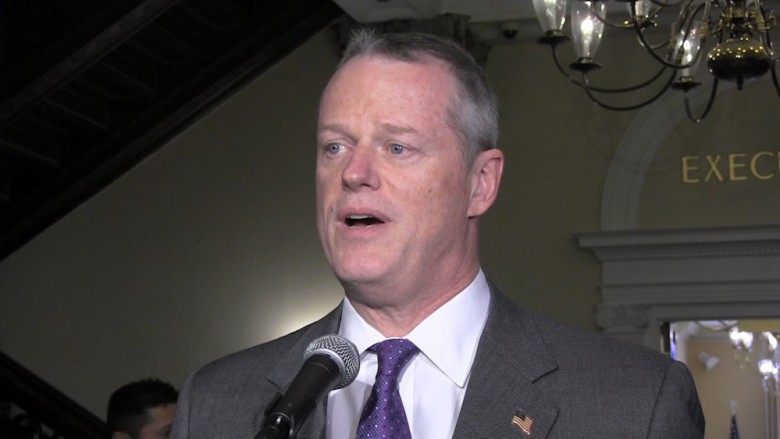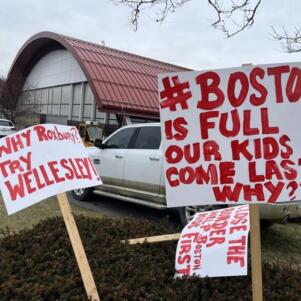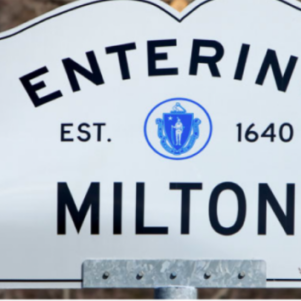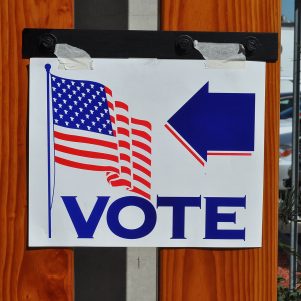Baker joins DeLeo and Walsh to fight pot ballot measure
By State House News Service | April 14, 2016, 17:04 EDT
 Massachusetts Gov. Charlie Baker spoke with reporters at the State House Thursday. (State House News Service photo by Antonio Caban)
Massachusetts Gov. Charlie Baker spoke with reporters at the State House Thursday. (State House News Service photo by Antonio Caban) BOSTON – Republican Gov. Charlie Baker has joined forces with Democratic leaders Robert DeLeo, the Speaker of the Massachusetts House of Representatives, and Boston Mayor Marty Walsh to oppose a likely ballot question asking voters to make retail marijuana sales legal in the state.
The three officials have previously voiced opposition to legalizing pot, but the new alignment formalizes their roles in working together to defeat the proposal, which polls suggest would win a popular vote.
Their Campaign for a Safe and Healthy Massachusetts seeks to counter the Campaign to Regulate Marijuana Like Alcohol, which is behind the drive to put the question on the November ballot. The proposal would make retail sales of smaller amounts of the drug legal to adults 21 and older and calls for regulating sellers in ways that reflect the treatment of stores that sell liquor, wine and beer.
In announcing the opposition campaign, the three leaders cited “concerns about the health risks to young people and of allowing the billion-dollar marijuana industry into Massachusetts” as among the leading reasons for the drive. Voters made retail pot sales legal in four states, Colorado, Oregon, Alaska and Washington, and the measure proposed in Massachusetts mirrors proposals voted on in some of those states. Local opponents of legalization include police chiefs, physicians and education leaders.
“We will join healthcare professionals, law enforcement, educators and family advocates to educate the public about the risks associated with this dangerous proposal and the serious adverse consequences facing states who have adopted similar laws,” Baker said in a statement. Marijuana remains a controlled substance under federal law, making proceeds from retail sales and medical dispensaries difficult to place in banks.
The opposition campaign’s steering committee includes Sen. Jason Lewis (D-Winchester), Sen. Vinny deMacedo (R-Plymouth), Rep. Paul Donato (D-Medford), Rep. Hannah Kane (R-Shrewsbury), Cape and Islands District Attorney Michael O’Keefe, a Republican, former Baker campaign manager and senior adviser Jim Conroy, Walsh political adviser David Stone, and Corey Welford, former chief of staff to both former Attorney General Martha Coakley and current Attorney General Maura Healey. Both are Democrats.
In the Legislature, Lewis heads the Special Senate Committee on Marijuana and led a delegation of senators to Colrado earlier this year to study the implementation of legal cannabis there, where voters approved it in 2012. That committee released a report warning of problems that may accompany legalization and laying out recommended changes to the language of the proposed ballot measure.
The opponents’ campaign said the proposed ballot question “is written by and for the corporate interests that have profited from legalization across the country” and warned that passage of the initiative would erode progress made in the fight against opioid abuse.
“As we face a substance addiction crisis of epic proportions, I oppose measures that make it easier to introduce young people to drug use,” DeLeo, a Winthrop Democrat, said in the statement.
But the Campaign to Regulate Marijuana Like Alcohol rebuffed the newly organized opposition and its arguments that retail sales pose dangers, saying that treating marijuana as an illegal drug is more dangerous than making the substance legally available through a regulated system.
“Our campaign will not allow our opponents to claim the high road on matters of public health and safety. The truth is that the greatest danger associated with marijuana is its illegal status,” Jim Borghesani, a spokesman, said in a statement. “Our opponents seem to prefer that criminals control the marijuana market and sell untested, unlabeled products to people of any age.”
Borghesani rejected the notion that marijuana use can be equated with opioid abuse.
“The blurring of lines between drugs in this country is a pattern that started with Richard Nixon more than four decades ago,” he said. “And it has caused more harm than good.”
Opposition organizers said their campaign offers a vehicle for health care providers, community leaders, addiction recovery advocates, educators, business groups and first responders to share their opinions on pot and make the case that legal sales would be detrimental.
The proposed ballot initiative would impose a 3.75 percent state excise tax on retail marijuana sales, let adults possess up to an ounce of cannabis in public, and establish a commission to regulate the industry.
Marijuana advocates have had marked success from taking their campaigns directly to Bay State voters. Possession of less than an ounce of pot was decriminalized by voters in 2008 and four years later voters handily approved medicinal pot sales. In both years, organized opposition to the ballot measures was almost non-existent.
According to a Western New England University Polling Institute survey in early April, 57 percent of voters favored legal retail sales, including 64 percent of Democrats, 55 percent of independents and 35 percent of Republicans. Men were more likely to favor legalization, with 64 percent saying they would vote for such a measure compared with 51 percent of women who would support it. The greatest margins in favor were in Western Massachusetts (64 percent) and in the Boston area (60 percent) and the lowest occurred along the North and South Shores and in Central Massachusetts.
Written by Colin A. Young











